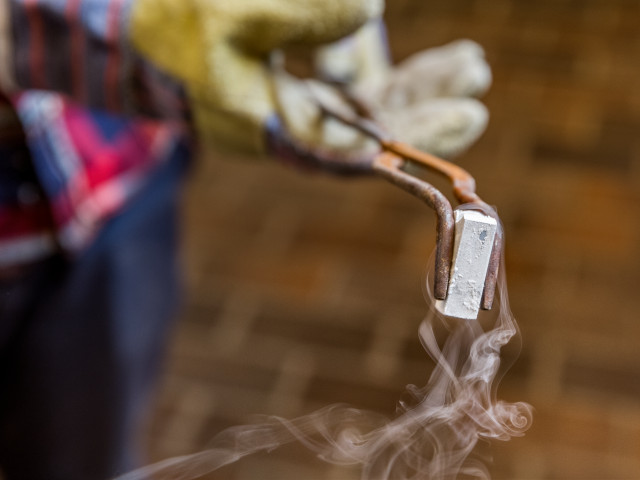Mechanical properties:
- For engineering materials, memory metals, metallic glass, intermetals and Hadfield steel
- For materials in corrosive and embrittling environments
- For gradient zones and surface-treated layers
- During combination of corrosion, creep and fatigue
